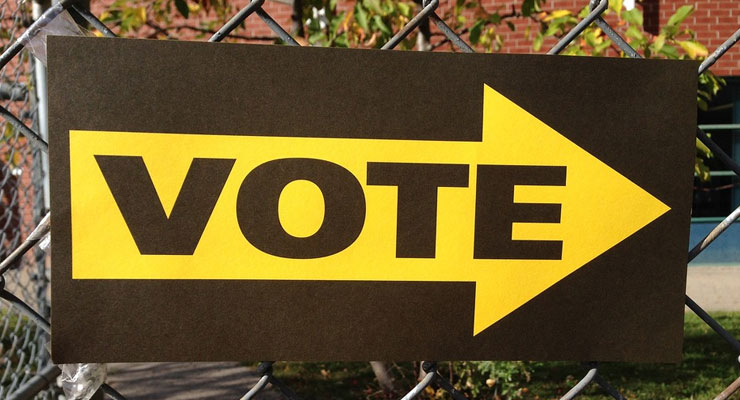 From Votebeat:
From Votebeat:
Hi y’all.
We’re back to exploring the truth about the Electronic Registration Information Center and explaining the important role ERIC has in securing elections. First we looked at why Louisiana seems to have suspended its participation in the voter-roll-matching program, then we took stock of the value other states — red and blue — have found in the program without harboring any similar suspicions.
Now I want to lay out the implications if states were to remove themselves from ERIC. In summary: It hurts the state itself, but it also hurts every other state in the program — especially the neighbors of the state in question.
Let’s first talk about data. ERIC is, to put it simply, a program that matches one state’s data with another state’s data to see if the same person is on two voter rolls, has moved across state lines, might be dead, or has undergone a number of other changes. In Louisiana alone since 2014, ERIC has identified 54,600 people who have moved out of state and 16,300 deceased voters. When you have more data to match against, you get more matches, so these numbers go up. This, folks, is just how it goes. It’s math. Thus, the reverse is also true: When there is less data, you get fewer matches and the program is not as robust. Makes sense, right?
Continue reading here. Also see related Democracy Chronicles articles like those on Voting Methods, Direct Democracy, and definitely checkout our main Voting Methods section.
Leave a Reply